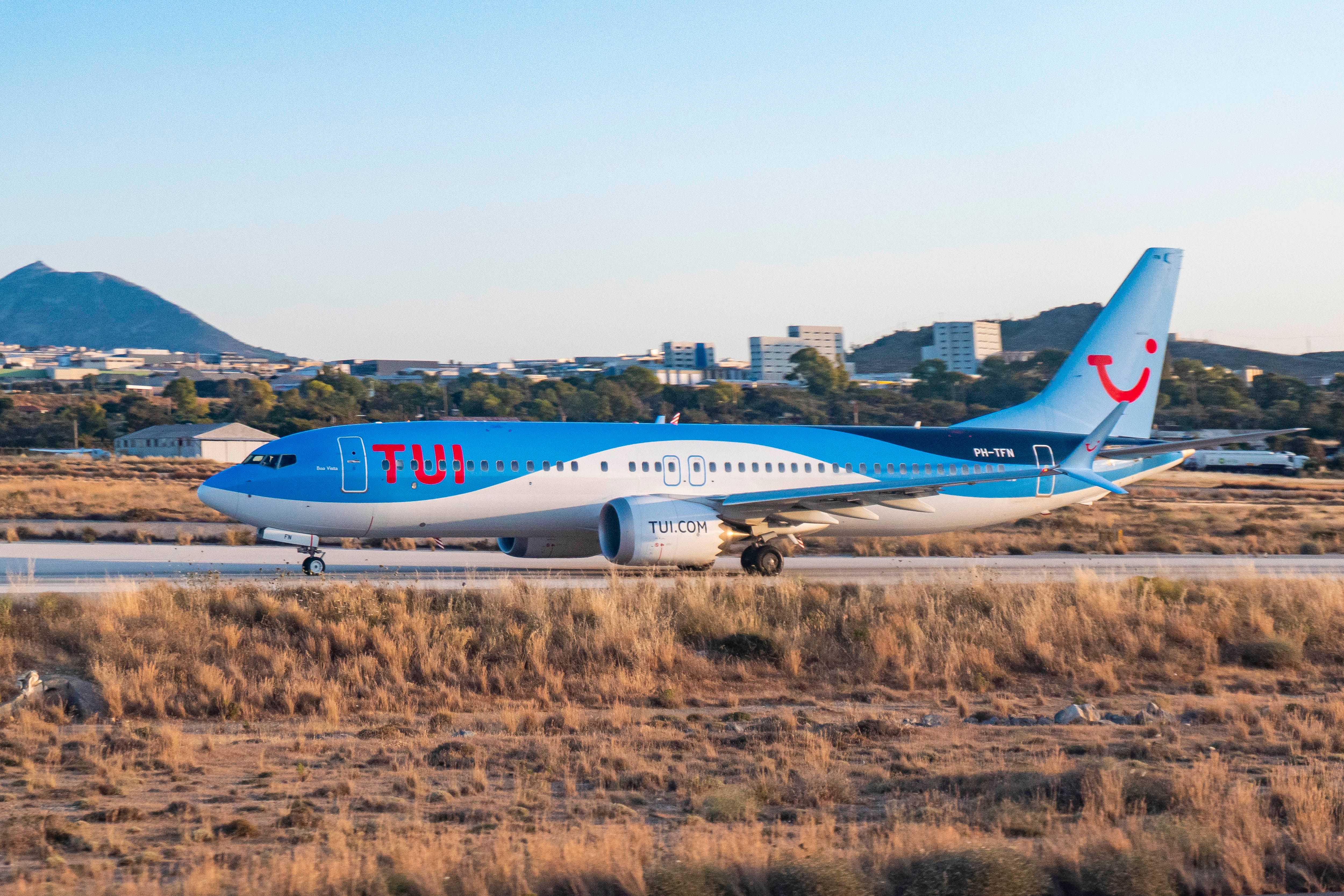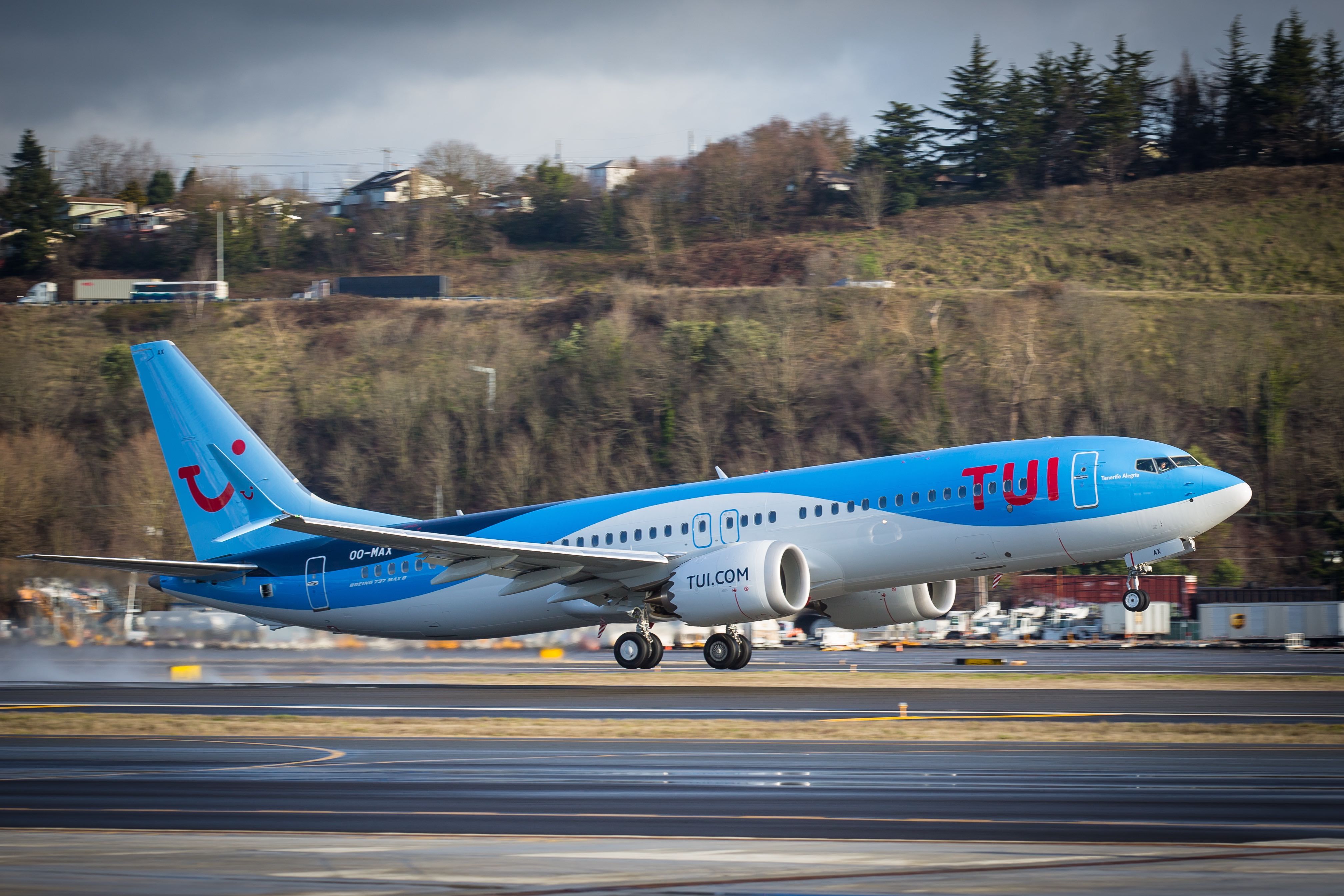German leisure travel giant TUI Group says it wants to focus on actual reduction of CO2 emissions rather than merely offsetting them. Its future Chief Executive Officer says he is convinced that sustainable transformation pays off, both for the environment and for business, and the group has now submitted its environmental targets for scientific validation by the SBTi.
Looking to set standards
Just in case you have not come across it before by now, the SBTi, or Science-Based Target initiative, is a collaboration between the Carbon Disclosure Project (CDP), the United Nations Global Compact, the World Resources Institute (WRI), and the World Wide Fund for Nature (WWF). It tells companies how much and how quickly they need to reduce their emissions to comply with the Paris Agreement to limit global warming to well below 2°C.
Over 20 other airlines have also submitted their environmental plans to the SBTi, and American Airlines received validation for its interim 2035 greenhouse gas reduction plan in April this year. TUI expects accreditation for its own 2030 reduction targets by the end of the year.
Sebastian Ebel, the future TUI Group CEO, commented,
"We want to set the standard for sustainability in the market and live up to our commitment as market leader. Our focus on emissions is clear: We are committed to avoiding and reducing emissions rather than offsetting them. Our airlines are already among the most carbon-efficient in the world. We have continuously invested in new aircraft and today fly a very modern and carbon-efficient fleet by German, European and international standards."
The TUI Group comprises several different airline entities - Corsair (9 aircraft), TUI Airlines Belgium (31 aircraft), TUI Airlines Netherlands (12 aircraft), UK outfit TUI Airways (70 aircraft), German TUIfly (22 aircraft), and TUIfly Nordic (4 aircraft). Across the group, the average aircraft age is just over nine years. It currently operates 35 Boeing 737 MAX jets, with an order for a total of 60.
Ebel continued,
"What is clear, is that we want to and we will speed up and do more. I am convinced that sustainable transformation is not a cost factor, but that sustainability pays off – for society, for the environment and for business."
Offsetting vs. reducing
While most airlines currently rely on carbon offsets in some form to reach their aspirational net-zero by 2050 targets, their efficiency has been debated. While the science is still inconclusive about how much benefit or harm they will actually have, to see a major operator wanting to steer clear of offsets to focus instead entirely on directly reducing emissions (which is unequivocally beneficial) is encouraging.
With the 'travel chaos' across several UK and other European airports this summer, some reactions to the 'plight' of leisure travelers have been quite harsh, with a writer for The Independent calling for a ban on leisure flights, labeling holiday-makers "carbon illiterate." Could initiatives such as TUI's upcoming SBTi validation help sway some of the most intense resistance to air travel from an environmental perspective?
Source: The Independent


